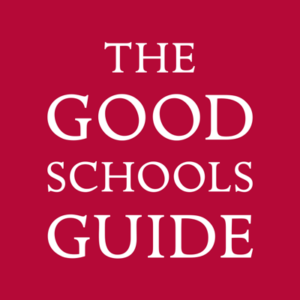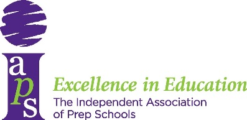In a post-Brexit UK, it is even more important to speak other people’s languages. To do this well, we must not only know the language but also understand the different cultures and ways of thinking. Most school leavers in the UK have no formal qualification in a foreign language, and most of those who do, will be able to offer GCSE level at most. Therefore, an A Level in a modern language will set you apart from the rest.
It is hugely practical. According to the British Council’s Languages for the Future project, ‘there can be no doubt that the UK needs more of its people to speak foreign languages – for employability, for trade and the economy, and for our cultural life’. You will be in demand in the workplace and will also have an advantage over your peers when competing for university places.
Studying languages to an advanced level shows that you are culturally aware, open-minded, adaptable and in possession of excellent communication skills. These are key attributes for success in life beyond Exeter School.
A Levels in modern languages follow on neatly from IGCSE, in that you will still be refining your skills in listening, speaking, reading and writing in your chosen language. You will also learn new and valuable skills, such as translating into and out of the language, taking part in issue-based debates, and writing essays on a range of texts and films that you will study in depth. Studying a play and film in the language is a key part of the course and sometimes mentions of ‘literature’ cause concern, but this is usually the area of the course people remember and value the most.
You will study the history of the main European countries where the language is spoken and carry out a research project into an aspect of history or culture which has particularly captured your attention. Every society has its quirks, fascinations, obsessions, and idiosyncrasies, and mastering the language in all its formats gives you greater enjoyment and understanding of the countries where your chosen language is used.
To this end a range of visits abroad are offered to help you find out about the people who speak your chosen language, and you should look into the possibility of visiting a country where the language is spoken at least once during the A Level course. You will also spend one of your free periods working with a foreign language assistant, firstly in pairs, then later on your own, to ensure your oral skills are highly polished.
Exam board: Edexcel
Course name: A Level French/German/Spanish
Beyond the curriculum
The biennial German exchange with Hildesheim has run since 1965. Home stay visits with language lessons are undertaken in Valencia, Cuenca, Granada, Paris, Montpellier, Nice and Bordeaux.







